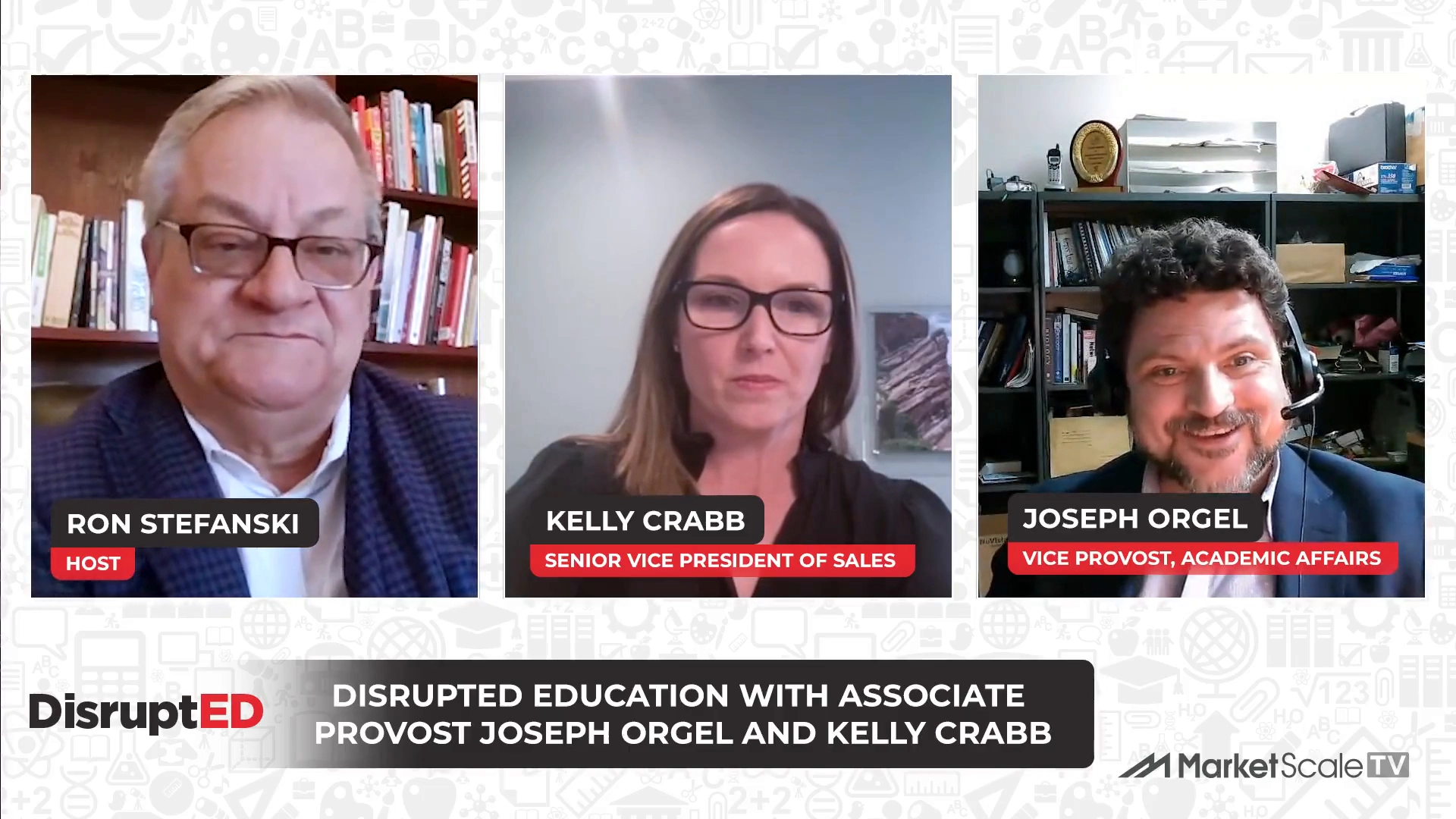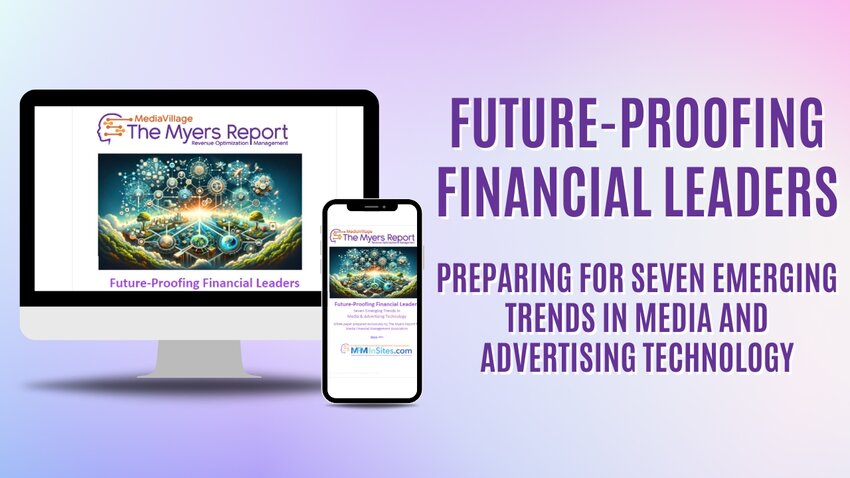On May 1, 2024, DisruptED hosted a conversation focused on the topic of education and its alignment with the demands of the modern workplace. The host, Ron J. Stefanski, engaged in a two-part discussion with Joseph Orgel, Vice Provost for Academic Affairs at the Illinois Institute of Technology, and Kelly Crabb, Senior Vice President of Sales at Honor Education. The episode explored the need to realign traditional education models with the requirements of a technology-driven society.
One of the key points addressed in the discussion was the adaptation of higher education to incorporate skills essential for the future workforce. Universities and educators are adjusting their curriculums to ensure that students are well-prepared for both current and future job roles. The role of technology in learning was also emphasized, with a focus on how emerging technologies like AI can enhance educational delivery and personalization.
Dr. Joseph Orgel shared insights on new teaching methods that cater to diverse learning styles and needs. With his experience supporting neurodivergent students, he highlighted innovative approaches that have proven successful in improving outcomes for these learners.
Kelly Crabb emphasized the importance of leveraging technology to improve learning outcomes. Her extensive experience in online education has shown that by utilizing tools such as virtual reality and gamification techniques, students can engage more deeply with course materials and achieve better results.
The conversation underscored the need for educators and educational institutions to adapt to the changing demands of the modern workforce. By incorporating new teaching methods, leveraging technology, and focusing on essential skills, schools can better prepare students for the challenges of the future. The discussion will continue in Part Two, where further insights and strategies will be shared to enhance education in



